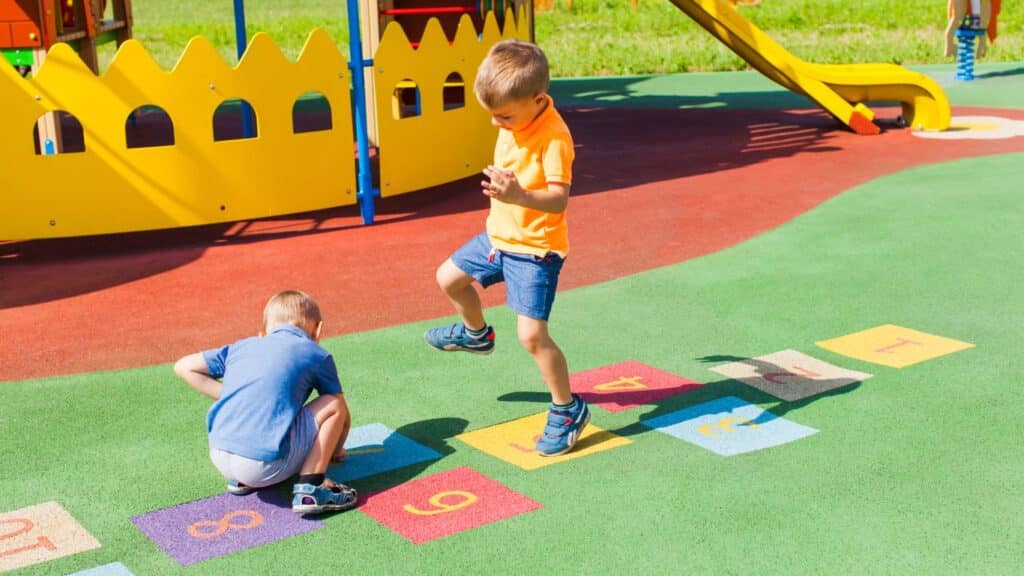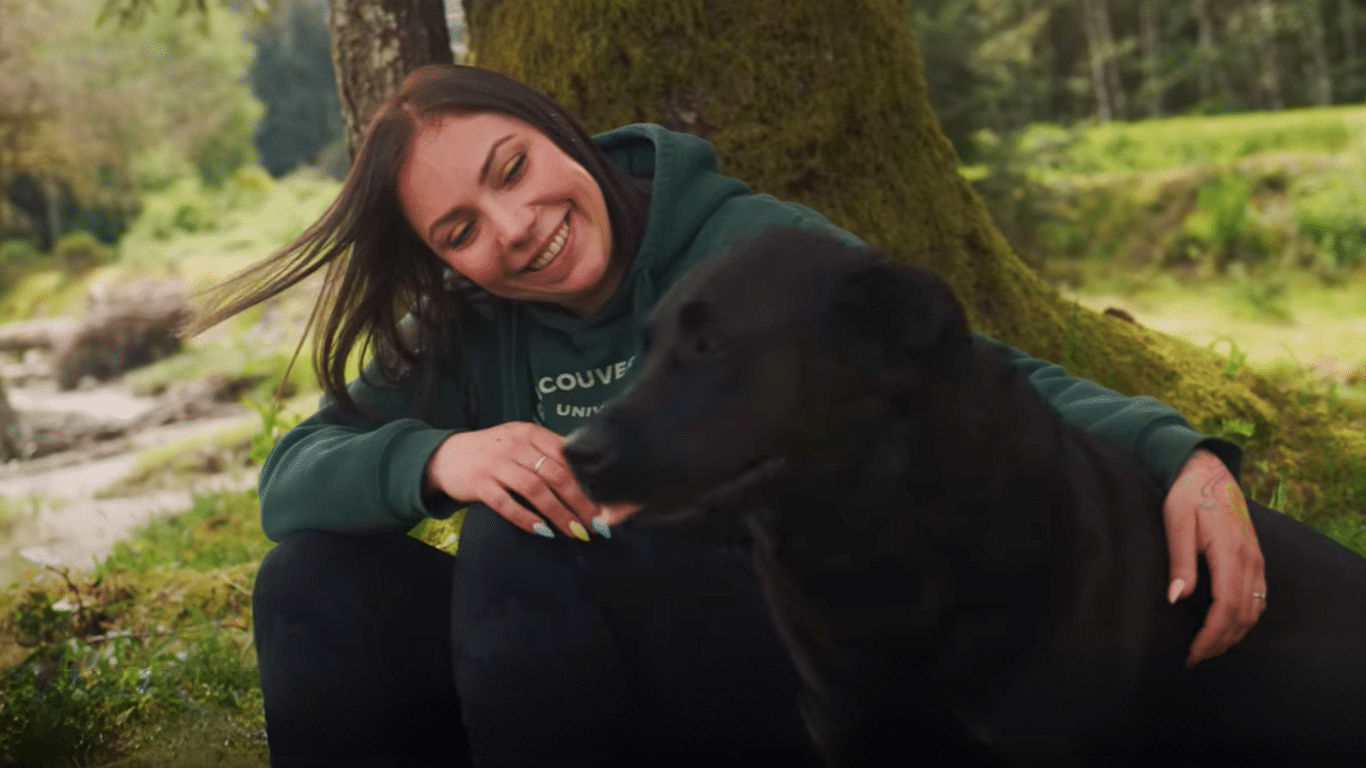My kids matter, but I’m in charge
I want my kids to know that what they like and what they think matters to me. My predisposition is to say yes to all possibilities. I only say “no” after some consideration. However, my kids were starting to get the impression that it was OK to disrespect the decisions I made and the boundaries I set for them.
When we asked them for opinions, they thought that meant we were going to let them make the decisions. When we asked what they liked for dinner, they thought it meant they were only obligated to eat their favourite things. When they asked for something and I thought about it before saying no, they saw an invitation to endless debate.
I knew I had to make some changes.
I learned I needed to be more clear about the fact that although we may ask the kids for their input on occasion, my husband and I were the ones who would make the final call.
Luckily, I have a foil. My husband is much more inclined to command, control, and correct than I am. He’s equally off-centre, but in the other direction.
We’ve come a long way, but still have more terrain to cover to get to the place where a benevolent dictatorship is our modus operandi.
Regulation’s the name of the game
This is all part of trying to regulate our lives and our behaviours. Because of their histories, both boys are on high alert a lot of the time. I worry that they will start to think this is their natural state and not do the things they need to do to become regulated and relaxed. For that reason, things that other families may take for granted are spelled out clearly in ours.
Our boys know a lot about nutrition, and they now choose healthy snacks for themselves. They’re proud that their lunches are wholesome (for them, it’s evidence that someone really cares about them).
We talk often about how we function better and enjoy smoother days when we get at least 10 hours of sleep a night. They love to be outside, and we make sure they get lots of exercise, both for fun and to burn off all that little kid energy.
Mental health matters
But the biggest difference between our home and many others is the attention we bring to another aspect of health: our mental health. We talk about how our brains are happiest when they’re calm, and that you can do damage to your brain if you don’t try to keep it calm. Then we talk about strategies we have to bring our brains back to calmness.
The littlest therapist
A few days ago, Adam was losing his grip and was working himself up into a feverish state. Ethan started coaching him! I heard him say, “Do you need a glass of water? Should we go for a walk outside? Do you think you can calm down enough to breathe air deep into your tummy?”
It was the most amazing thing.
In fact, Ethan has even started teaching adults about how to meditate to keep their brains regulated. He can still be lured into the excitement and drama of a tantrum, but he knows it feels better to keep his brain peaceful. Once he calms down enough to be able to listen to us, we work together to help him reconnect with his body and talk through the frustration he experiences.
These are formative years, and there are so precious few of them. Our job as parents is to stay focused on our strategies, breathe our way through the challenges, and revel in the rewards. Done with love and patience, these years will lay the foundation for the adult years ahead.
Claire’s 10-year-old son Adam was adopted from a Russian orphanage when he was 19 months old. Her second son, Ethan, joined their family from foster care at age seven. In this 12-part series, Claire shares the “fast and furious learning” that she and her family experienced when they adopted an older child.





